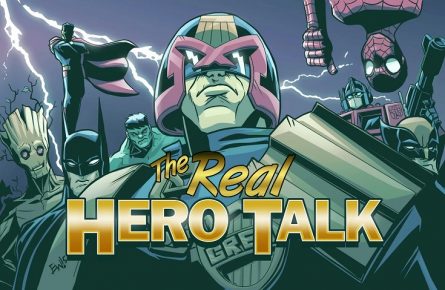Behind the Line: Alex St. John – revisited

Every so often a topic comes up that I won’t let go of, and right now it’s Alex St. John. The internet exploded in uniform rejection of his VentureBeat article, and after we all got together in our rejection of the ideas there, we seem to have congratulated ourselves and moved on. That’s not the end of things though. Alex St. John is still writing on his blog, and I’m still interested in challenging my point of view, so I continued to read what he wrote in an attempt to understand his thinking better.
The bare bones of Alex St. John’s philosophy
First of all, Alex St. John seems to be an objectivist. Now, I’m not the most familiar with the philosophy, so I may be misusing it, but it seems to apply. He is saying that people should work hard with the goal of being the best version of themselves they can be. To be your best, you have to be willing to work hard and challenge yourself, and this can clearly include working overtime.
Coders should enjoy coding. When you’re doing something you enjoy, you can focus on it, and everything else will melt away. When you’re in that state, you can lose time, and want to continue to work on it. This is the same state many of us can get into when we’re playing a game and we just want to keep going. Our own Judge Greg once told me of a rather potent experience he had like this when he was first introduced to Smash Brothers. They started playing on Friday night. After a continuous game session, he said “I’m feeling a little hungry, what time is it?”, and it was Sunday morning. He was so focused on the game that he lost a day. This can happen with work as well as recreation. So, if you’re a coder, it’s a good sign if you’re capable of getting so involved in the task that you lose time.
Working in the Game industry is a great way to make a living. This is an incredible industry, and I’m thankful to be a part of it.
A lot of people who work in the games industry could make more money in another industry. I know that I could make more money elsewhere, and engineers I know would make a LOT more money elsewhere, but we choose to stay here because it’s our passion.
What he is, in fact correct about
When it comes to hiring people, it’s worth keeping in mind that some people may be very well suited to be engineers, even if they don’t have the social skills for a good interview. This is a part of what is behind his “Holy Grail Asperger’s engineer”. Through that lens, there’s sense to the thinking.
If you’re a coder, and you are working on an interesting problem, it shouldn’t be “work” in the sense of a great strain. It should be what was mentioned above, that type of task that you can lose yourself in. That’s why he says “Coding is NEVER work, it’s a calling”.
In a very practical way, if you have an engineer who will spend hours working on something, there could be friction between them and their partner/girlfriend/boyfriend/wife/husband/pets/children/whatever. In that case, it is possible that you would need to take them into consideration to make sure that they are OK with the demands the job would have on the engineer.
These are not good traits to have as a worker:
-
I am a victim of my employer and external circumstances beyond my control!
-
Being easily outraged, complaining and emotionally fragile is justifiable and appropriate professional conduct
-
Getting paid to think, be creative or push a mouse is “hard work” (Author’s note: This one is debatable, but I am keeping it in the list to keep Alex St. John’s original list intact)
-
This is my lot and this is as good as I’m going to get
-
I’m too fragile to be challenged!
All of these are his definition of a “wage slave” attitude. Good workers are responsible for themselves, rather than thinking of themselves as victims. Good workers are professional enough to know how to handle different people, rather than having inappropriate outrage or complaints. Good workers should believe that they can always improve, and welcome challenges. All of this is true.
Simply throwing people on a project does not always improve things. Adding more people can, instead, cost more in terms of ramping them up, dividing labor, and so forth. There are times when it is in fact smarter and more efficient to put more hours in with the existing team rather than expanding the team.
Most any project is going to require overtime of some sort to be ready on schedule. It is true that there is no “magic” management formula that can alleviate that possibility. So, when it comes to it, you will need some overtime.
Pages: 1 2








Leave a Reply